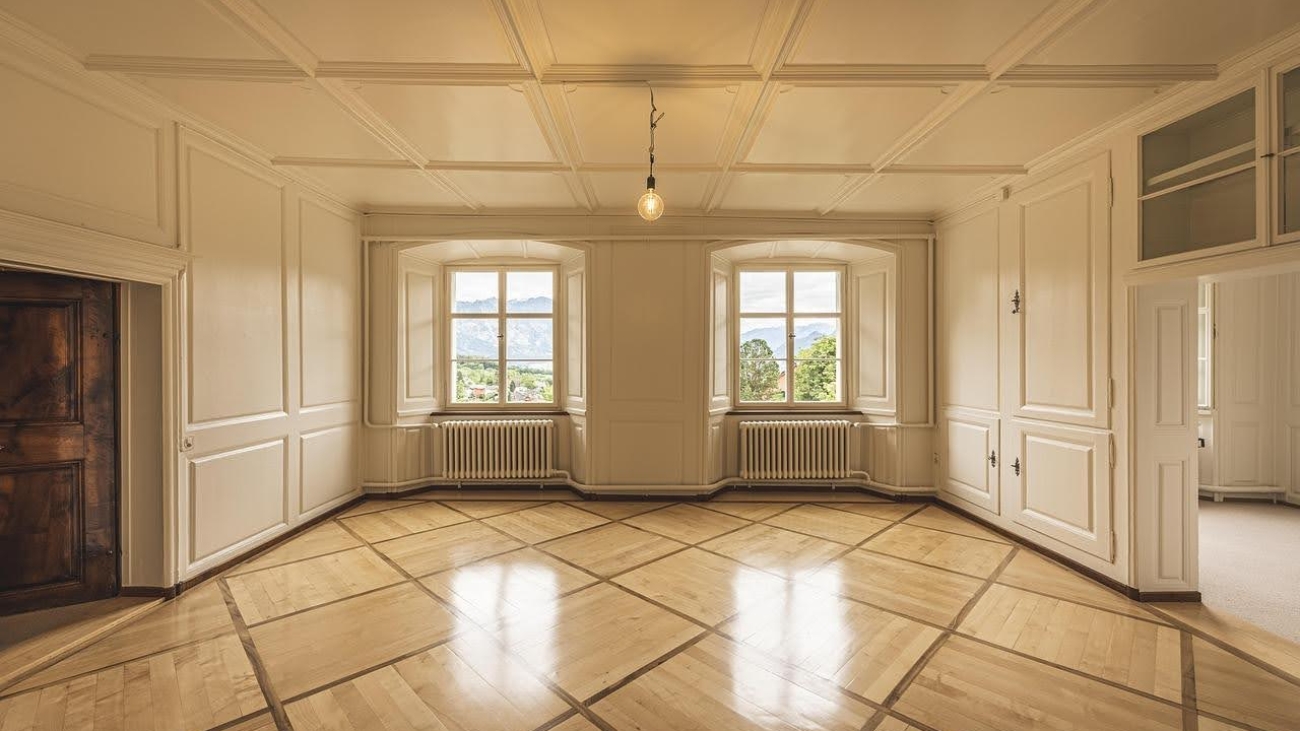Sorting your loved one’s belongings after their passing?
Handling house clearance after a bereavement can be emotionally challenging. After losing a loved one, the last thing you need is to make decisions and lift heavy objects.
The thing is…
Sorting and clearing the belongings of a recently passed family member doesn’t need to be painful or rushed. 86% of people over the age of 16 will experience bereavement in their lifetime, which means that you are not alone in this process.
In this article, we will discuss:
- Why seeking help is the best way to clear a house after a bereavement
- A step by step process to make the clearing easier
- How to deal with sentimental and valuable items
- Legal requirements for bereavement house clearance
- Cost-effective house clearance tips
Why seeking help is the best way to clear a house after a bereavement
If you are wondering how to approach a bereavement house clearance in the first place, we have some good news and bad news.
The bad news is that sorting and clearing a home after a death is challenging. The good news is that there is help!
People who offer house clearance services after a bereavement will be familiar with your situation and have ways to help.
Professional help is always the first step towards decluttering after a death. Here are some of the advantages of opting for a house clearance service after the death of a loved one:
- They have the resources and know-how to handle items you may find difficult to deal with
- They can ensure that your items are removed legally and ethically
- They are experienced in what to do with sentimental or valuable items
The thing is…
Opting for a professional house clearance after the death of a loved one should not mean that you have to give up control of the process. You should select the company that you trust to handle your items and belongings. The best bereavement house clearance service in Dundee will always provide you with the option to make decisions and take an active role in the process.
A step by step process to make the clearing easier
We will now look at the step-by-step process to complete the house clearance after a bereavement efficiently and without too much stress.
We recommend you…
Starting with the ‘easy stuff’. Kitchens items, cleaning supplies, and other junk that can be removed immediately. Decluttering the space first will also make the whole process less emotionally overwhelming.
Proceed room by room so that you have smaller tasks to complete and do not need to take care of everything at once. This way, you will avoid emotional overwhelm and will be able to make better choices.
Separate the items into:
- Keep
- Donate (items in good condition that someone else could use)
- Dispose (everything that should be properly removed)
If you cannot make decisions on the spot or have items that you are not sure about, put them in a separate container and reconsider at a later time.
The clearance process should not be rushed. Make sure to take breaks when you need them.
How to deal with sentimental and valuable items
Bereavement house clearance can be quite challenging if there are a lot of sentimental or valuable items involved.
Sentimental value and potential resale value are two completely different things. The ceramic flowerpot your grandmother used to keep on her shelf might be your favourite thing in the world but may have zero resale value. On the other hand, that abstract art painting in your parent’s spare bedroom might be completely worthless to you but worth a lot of money.
What you need to do…
Make sure to get any potentially valuable item properly appraised before making any decision about it. There is a lot of items that can be potentially valuable: antiques, jewellery, artwork, collectibles and ornaments.
Be strategic when it comes to sentimental items. You might not be able to keep everything but you can always preserve your memories:
- Take a picture of the items
- Select one representative item from each collection
- Find ways to transform the item into something useful
The thing is…
Keeping all the items does not pay tribute to the memory of your loved one. You cannot progress and move on with your life by storing all of the items your parent left behind.
Legal requirements for bereavement house clearance
Something we have not mentioned yet is that it is not possible to clear a house after someone’s death without following some legal procedures first.
If you want to start the clearing process of a property, make sure you have the following covered:
- Probate grant (depending on the estate value)
- Legal right to act on behalf of the estate
- Insurance during the clearance process
- Documentation of any valuable items taken
The executor named in the will is legally responsible for the house clearance costs and those expenses are usually paid for by the estate of the deceased. However, if the estate does not have enough money left to pay for the clearance work, then the costs may have to be shared or alternative options may need to be considered.
Do not make assumptions…
Make sure to consult a solicitor if you are not sure about the legal process of a house clearance after someone’s death. What seems like an obvious thing to give to a family member could have some legal implications that you might not be aware of.
Cost-effective house clearance tips
There is one question that often concerns people: will it be expensive?
There is no simple answer to this question. House clearance does not have to cost you a fortune if you know what you are doing.
Do…
Take care of the initial sorting if you feel like you are able to do so. The cost of professional house clearance is based on time and volume so the less they have to handle, the cheaper the service will be.
Make sure to get several quotes and compare what is included. Some house clearance services include the disposal fees in the price and some do not.
Do not forget…
Over 25% of house clearance work includes work after bereavement. Reputable companies know how to approach a bereavement house clearance and will have systems in place to work with your family.
Partial house clearance can be another cost-effective solution. You can take care of the things that are easy to deal with and only call a professional service for large furniture and valuable items.
Timing is another important aspect of the costs of a bereavement house clearance. Rush jobs cost more and you will be better off if you can be flexible with dates.
Making The Process Less Overwhelming
Before we round things up here is one more thing we wanted to say:
House clearance after the death of a loved one will not be an easy process. However, that does not mean that it has to be a traumatic experience either.
The secret is…
Being realistic and accepting that you will experience some emotional upheaval. Accept the fact that you will need to take a break when you need to and ask people to support you when the process will be overwhelming. You do not have to be superhuman in a time when you are already grieving.
House clearance services are there to support you and your family during this difficult time. These services exist to take care of the practical aspects while you focus on your recovery and saying goodbye to your loved one in a healthy way.
Remember…
The goal is not to rush through everything but to take care of your loved one’s items with the dignity they deserve while also being aware of your own emotional needs.
Wrapping things up
Clearing a house after someone’s death should not add stress in an already difficult time. With the right approach and attitude and professional help when you need it, you will be able to clear your parent’s or relative’s house in an efficient way while also paying a respectful tribute to their memory.
As long as you take the following steps:
- Seek professional help as the first step
- Sort and clear one room at a time
- Get valuable items appraised before making any decisions
- Follow legal procedures before you start the process
- Budget realistically for the house clearance work
And most importantly…
Allow yourself to grieve and take care of the emotional aspect while managing the practical side of things. House clearance after bereavement is part of the grieving process and it is not a race.


